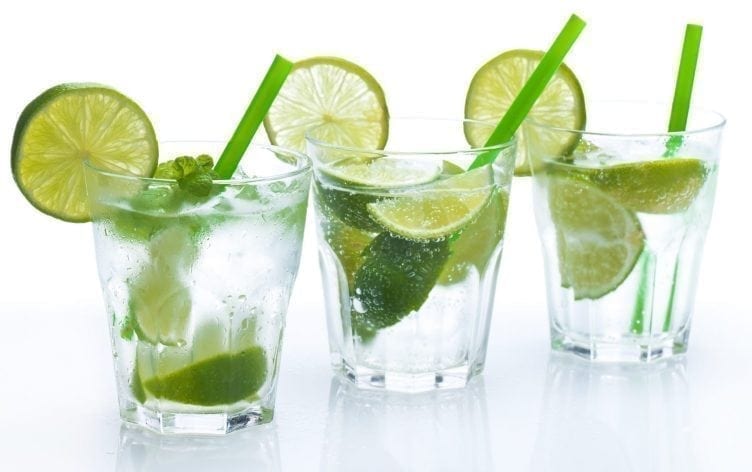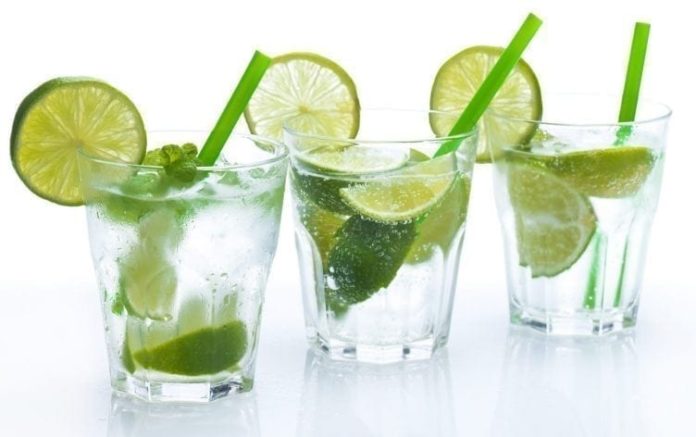
Diabetes is a daunting diagnosis, especially at the beginning as you learn everything from finger pricks to carb counting. If you’re currently healthy and don’t have diabetes, you’ll want to stay this way. If you have a family history of diabetes, then it’s that much more important to manage your risk for this condition.
When we refer to “diabetes,” we’re referring mainly to Type 2 diabetes (T2D) because:
- It’s more commonly diagnosed in adults compared to Type 1 diabetes
- It results from a combination of genetic factors you can’t control and environmental factors you can control.
If you want to learn more about the difference between the two types of diabetes, check out 25 things you should know about diabetes. According to the American Diabetes Association, the list of risk factors are age, ethnicity, gender, family history, weight, fat distribution, physical inactivity, high blood pressure, smoking and so forth. Dietary habits like drinking large amounts of sugary beverages don’t get their own call-out as a risk factor, but should they?
What the Science Says About Sugary Beverages
On an intuitive plane, we know why sugary beverages are bad—they’re filled with empty calories that contribute to weight gain. Indeed, research shows that we don’t eat less food calories to compensate for the calories we take in through fluids. Over time, these liquid calories contribute to weight gain, a known risk factor for T2D. But it doesn’t end there—there’s now good evidence that links drinking large amounts of sugary beverages to diabetes. What’s a potential explanation?
Sugary liquids like soda rapidly spike blood glucose since this sugar is readily absorbed into the bloodstream. Your pancreas senses this and sends out a large amount of insulin to bring your blood glucose back to normal levels. Over time these spikes in blood glucose and insulin, in addition to fat accumulation, causes your tissues to become more resistant to insulin (not good!). It makes sense that drinking more sugary beverages may raise your risk for T2D, but is there more evidence to support this?
Researchers from the University of Cambridge recently studied how people’s consumption of sugar-sweetened beverages affected their risk of getting diabetes. For their study, “sugar-sweetened beverage” included soda, sugar-sweetened milk and sweetened tea/coffee.
To examine this relationship, researchers collected data from 25,639 healthy adults aged 40-79. Food data (using seven-day food diaries) was collected from participants throughout the year over the course of four years. After 10.8 years, 847 participants were diagnosed with diabetes.
Sweet Spot-on Findings
The researchers then looked at “associations,” or data trends, to see if the type of beverage consumed affected the participants’ risk for getting diabetes. Here are some of the findings:
- Sugary soda drinkers had a significantly higher risk of T2D. For each additional daily serving of soda (equivalent to a 12-ounce can), diabetes risk increased by 21 percent.
- Sweetened milk drinkers also had higher risks for T2D. Every additional daily serving (about 1 cup or 8 fluid ounces) of sweetened milk increased diabetes risk by 22 percent.
- Not all sugar-sweetened beverages led to a higher risk for T2D. Artificially sweetened beverages, fruit juice and sweetened tea/coffee did not have the same relationship for increasing T2D risk. Keep in mind that the study is looking at data trends; just because a trend doesn’t exist in this particular study doesn’t mean you can’t find the trend in other studies.
The researchers then decided to use collected data to do a thought experiment using statistical models. They wanted to predict how diabetes risk would change if the participants replaced their sugar-sweetened beverages with water or unsweetened tea/coffee. When they ran this model, they found that replacing just one sugary drink every day with water or unsweetened coffee or tea could lower people’s diabetes risk by 14-25 percent! The downside to this is it’s still a thought experiment—there’s no way to knowing for sure.
What’s the Takeaway?
Good thing you don’t need to be sure to take actions that will benefit your health! The findings from this large study add to the growing evidence we have that sugary beverages adversely affect your risk for diabetes.
If you’re a newbie on the fitness journey, and are looking for one simple way to eat and drink healthier, cut down on sugary beverages. Not only will it help you reduce diabetes risk, but it’ll also help trim unnecessary calories (and pounds). Choose water and unsweetened tea/coffee whenever possible. Check out this post if you want to kick the soda habit.
As for flavored milk? It still offers protein, fat and other vitamins and minerals (think calcium, magnesium, zinc) so it’s not just empty calories. If you want to enjoy flavored milk, do so in moderation, or after a tough workout, and choose unsweetened options when you can.
Are you trying to prevent diabetes? If so, share your thoughts in the comments below.
















